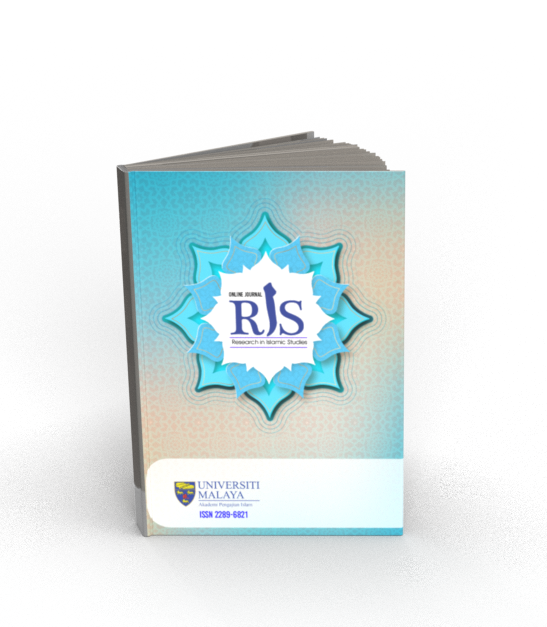Main Article Content
Abstract
This article examines the Maqāṣid al-Sharīʿah (objectives of Islamic law) approach employed by Saʿīd Ramaḍān al-Būṭī in formulating contemporary fatwas. Maqāṣid al-Sharīʿah is central to understanding the purposes of Islamic rulings and ensuring that the law serves the welfare of humanity. Al-Būṭī's method involves a nuanced understanding of maṣlaḥah within the framework of the Quran, Sunnah, Ijma’ (consensus), and Qiyas (analogical reasoning). Through this lens, al-Būṭī addresses complex modern issues, such as cosmetic surgery, organ donation, political revolution, and the implementation of Hudud punishments. The article delves into al-Būṭī’s principles, illustrating how his approach aligns with classical jurisprudence while adapting to contemporary challenges. The findings highlight the balance al-Būṭī strikes between adherence to traditional sources and the consideration of the current context, making his fatwas relevant and influential. The methodology of this study is based on a qualitative approach, combining text analysis and literature review. Primary sources, including al-Būṭī’s own works and relevant fatwas, are analyzed to understand his application of Maqāṣid al-Sharīʿah. The study also employs contextual analysis to explore how al-Būṭī adapts classical principles to contemporary issues. Comparative analysis is used to assess his approach against other classical and modern juristic perspectives, emphasizing the relevance of his fatwas in today’s world. This methodological framework allows for a comprehensive examination of al-Būṭī’s contribution to contemporary Islamic jurisprudence.
Keywords
Article Details
Copyright (c) 2024 Online Journal of Research in Islamic Studies

This work is licensed under a Creative Commons Attribution-NonCommercial 4.0 International License.
Copyright Notice
By submitting manuscripts to the Online Journal of Research in Islamic Studies (RIS), authors agree to transfer copyright to the journal. However, authors may republish their work or grant others permission to republish it; in which case it should be accompanied by a proper acknowledgment that the work was originally published in the Online Journal of Research in Islamic Studies (RIS). The journal adopt CC-BY-NC licence which authors may also share and distribute their article anywhere of non-commercial website, social media and repositories immediately on publication.
Authors may also reuse the Abstract and Citation information (e.g. Title, Author name, Publication dates) of their article anywhere at any time including social media such as Facebook, blogs and Twitter, providing that where possible a link is included back to the article on the journal site.
